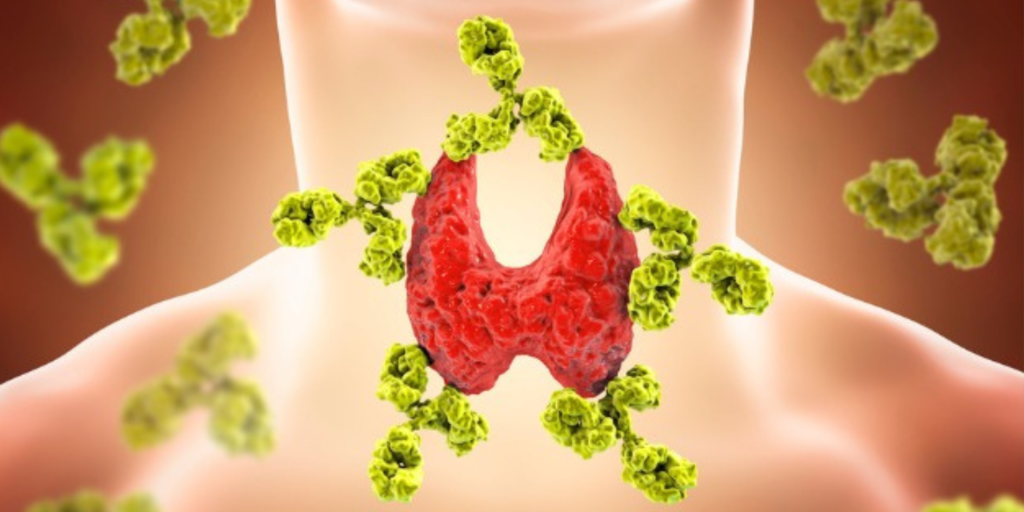Facing fertility challenges can be a daunting journey, but a well-structured approach to fertility investigations (fertility testing) can provide clarity and pave the way for effective treatments. This blog will be divided into three short parts. We will take a look at the essential tests at the beginning of your fertility investigations, including the section for male and female evaluations. I’ll also explore advanced tests in greater detail, highlighting why each test is valuable in understanding and addressing fertility concerns.

Basic Female Testing
1. Hormones
Hormone levels, including estradiol, testosterone, progesterone, LH, FSH, thyroid, SHBG, and prolactin, play pivotal roles in regulating the menstrual cycle and ensuring proper egg development and release. An imbalance in these hormones can disrupt fertility. With the exception of progesterone, which should be checked around 7 days post-ovulation, all other markers should be analysed between days 2–5 of the menstrual cycle (ideally Day 3). This is often called a ‘baseline assessment’.
2. Transvaginal Ultrasound Scan

This ultrasound provides insights into the condition of the ovaries and uterus, helping identify structural abnormalities, ovarian cysts, or polyps that may hinder conception. You may have an antral follicle count (AFC) carried out to inform you of the number of follicles that are seen on your ovaries. This may be used, along with some hormonal markers, to gain an idea of your ovarian reserve. It may also be used to assess endometrial thickness.
3. Hysterosalpingogram (HSG)
HSG is crucial for assessing the fallopian tubes’ patency and the health of the uterine cavity. Blockages or abnormalities in these areas can hinder the journey of the egg and sperm meeting for fertilization. You may also be advised to have a HyCoSy or a laparoscopy / hysteroscopy if further investigations are warranted. This decision would be made based on your clinical history and the facilities available at the clinic.
Comprehensive Thyroid Testing: Uncovering Thyroid Disorders

We did mention thyroid in basic female hormone testing. Thyroid disorders, especially hypothyroidism, may go unnoticed for many years yet can disrupt menstrual cycles and ovulation. Comprehensive thyroid testing, including fT3, fT4, and thyroid antibodies, is essential for diagnosing and managing these issues. It is frequently seen that GPs may measure TSH and T4, but they rarely take a full picture, and it is actually fT3 that is the predominant active thyroid hormone carrying out the work (yet it goes unchecked!).
– STI
Sexually transmitted infections (STIs) should be checked because, if present, they can impact fertility in a number of ways, including blocked fallopian tubes. This is essential for both males and females.
In part 2 we will look at Male Testing
Read Part 2: Fertility Testing -What Should be Included? Part 2 – Male Test






0 Comments